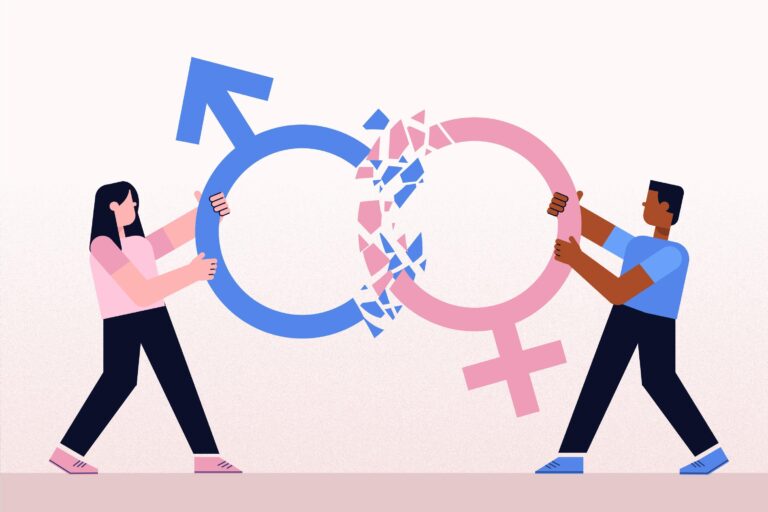Art as a Catalyst for Social Change and Development: The Power of Creative Expression
The power of art as a tool for aesthetic enjoyment, cultural preservation, and self-expression has long been acknowledged. However, its potential to significantly affect social change and promote development is frequently overlooked. In all of its manifestations, art has the unique ability to question societal conventions, arouse feelings, and ignite conversations on pressing issues. It acts as a catalyst for social change, strengthening communities, encouraging conversation, and establishing a more inclusive and just society.
Art has a wonderful capacity for bridging divides and bringing individuals from various backgrounds together. Through its accessibility and universality, art stimulates people on a deep emotional level and transcends linguistic and cultural barriers. Public art installations, street performances, and community murals have the power to transform and revitalize neglected spaces into vibrant hubs of creativity, creating a sense of pride and ownership within communities. By involving local artists and community members in the creation process, art projects become catalysts for social cohesion and collective action.
Moreover, one of art’s most profound impacts lies in its ability to amplify marginalized voices and challenge the status quo. Artists have bravely addressed themes like racism, inequality, and injustice throughout history. By shining a spotlight on these pressing social issues, art creates a platform for dialogue, empathy, and action. Whether through paintings, writing, or music—artistic expressions frequently operate as social movement catalysts, inspiring people to confront unjust policies and demand change.

Redefining cultural identity and challenging preconceived notions of tradition are also both possible through art. Cultural homogeneity is a rising concern in a world that is quickly becoming more global. However, artists have the ability to preserve and honor a variety of cultural heritages, preserving them for upcoming generations. Artists give historical traditions new life and promote intercultural understanding by fusing traditional art forms with modern media. In addition to enhancing civilizations, this appreciation of diversity also dispels stereotypes and encourages social inclusivity.
Art serves as a mirror that reflects the realities and challenges faced by societies. Through their work, artists frequently examine and criticize political, social, and environmental issues, raising awareness of subjects that could otherwise go unnoticed. The critical lens of art invites people to question the world around them, encouraging reflection and dialogue. From photography exhibitions documenting social injustices to plays addressing mental health—art sparks conversations and inspires action on a wide range of pressing issues.
Additionally, integrating art into education has a transformative impact on individuals, particularly children and young adults. Creativity, problem-solving, and empathy are fostered by including art programs in schools and communities. A sense of agency is fostered, tolerance is encouraged, and pupils are encouraged to discover their own identities through art instruction. It empowers individuals to believe in their own capacity for change and equips them with the tools to tackle complex social issues.
There is no denying the transformational effect of art. It has the power to start discussions, press societal boundaries, and spur or incite action. Art acts as a catalyst for social change and development through involving communities, elevating underrepresented voices, redefining cultural identity, reflecting societal challenges, and empowering people via education. In a world plagued by division and inequality, art has the potential to unite, heal, and create a more inclusive and equitable future. It is essential that we recognize and support the role of art in fostering a society that values creativity, diversity, and social progress.
Published on August 14, 2023.
Stay tuned for new blogs every Monday!
Follow the iMPACT Magazine on social media for more informative content.






